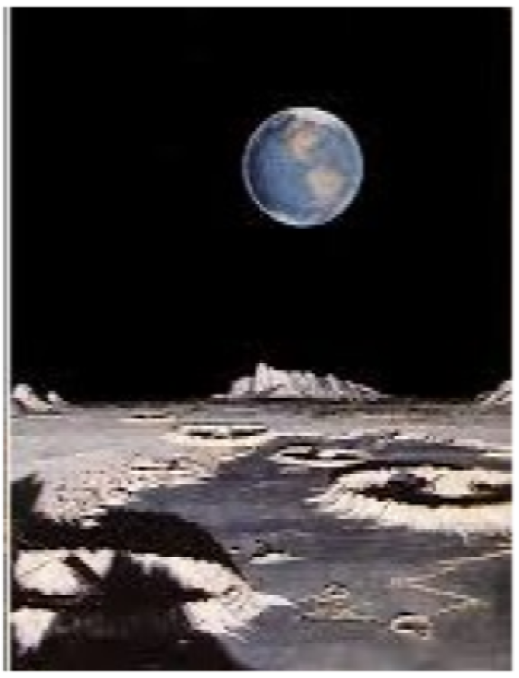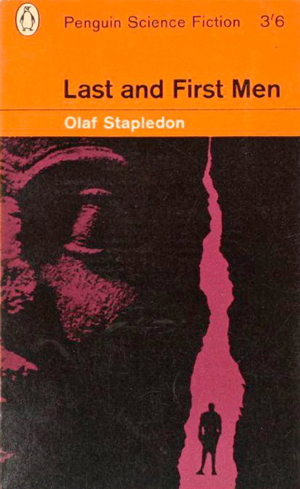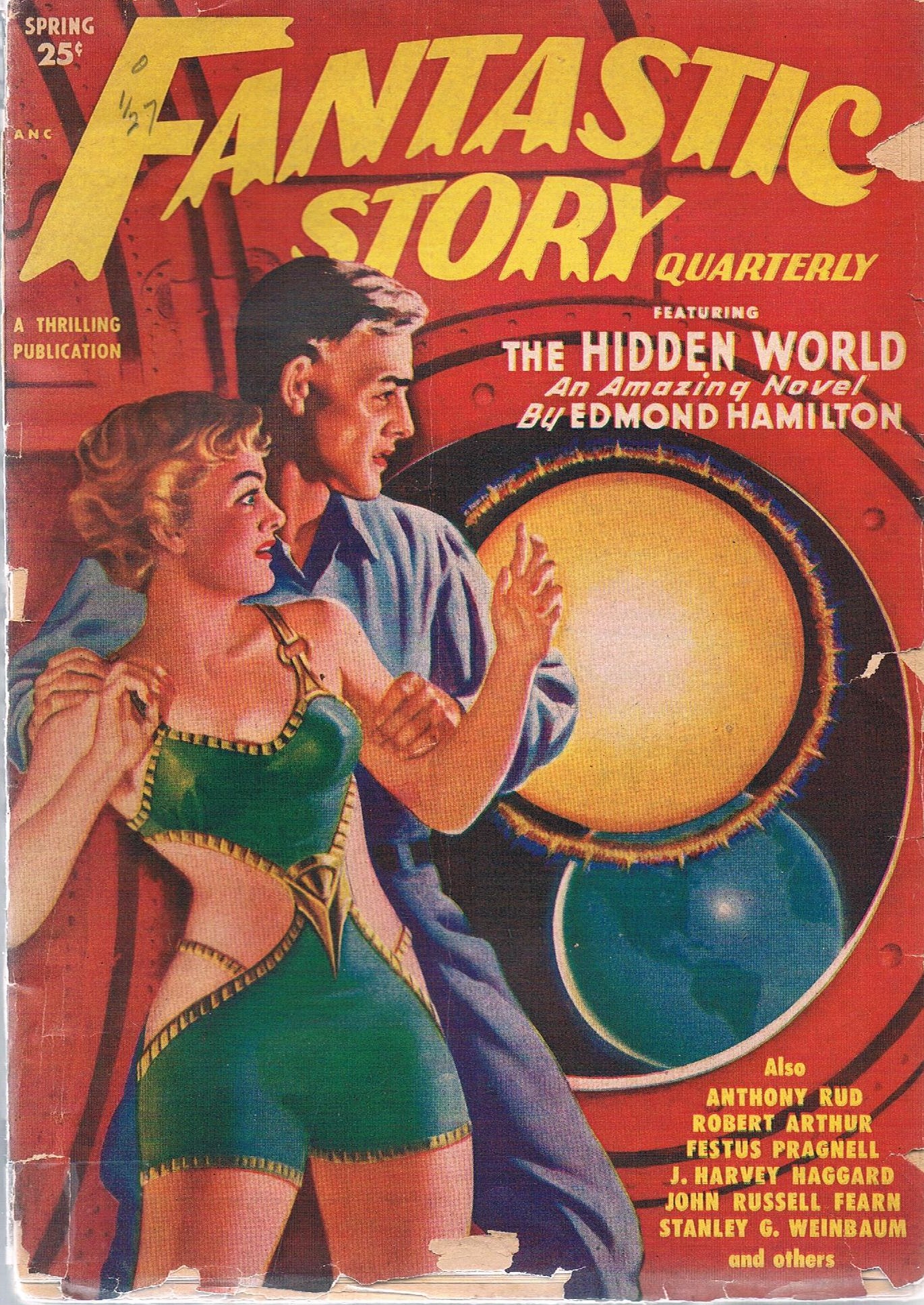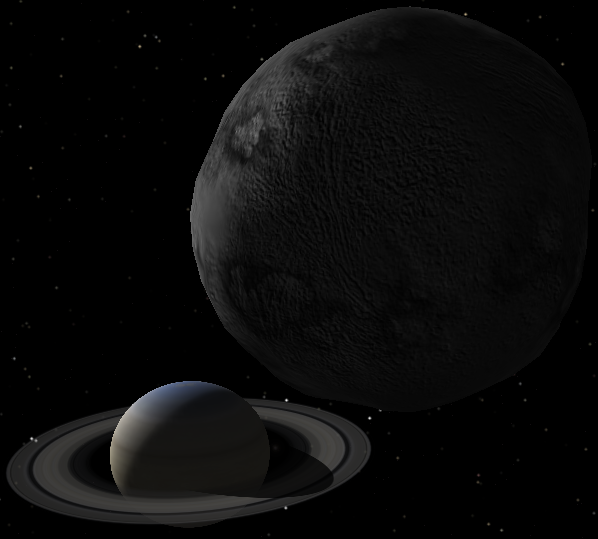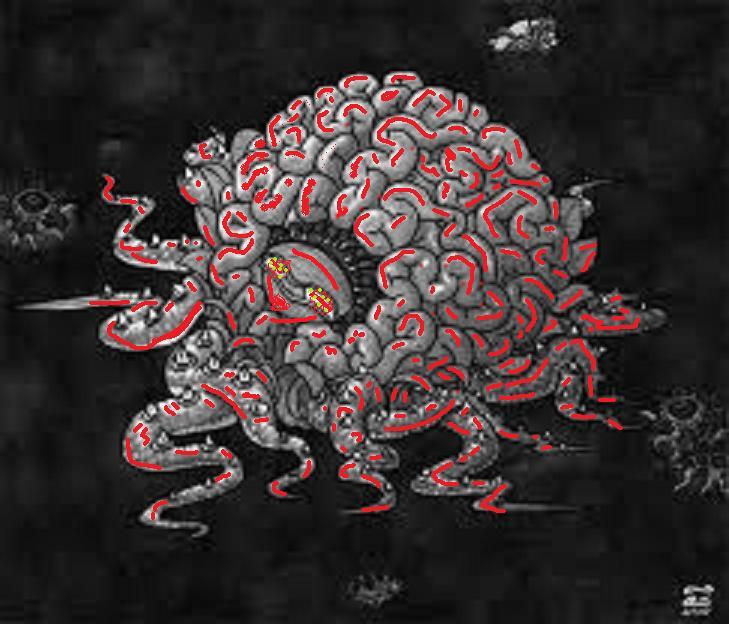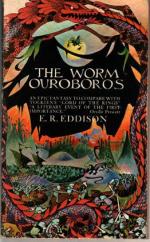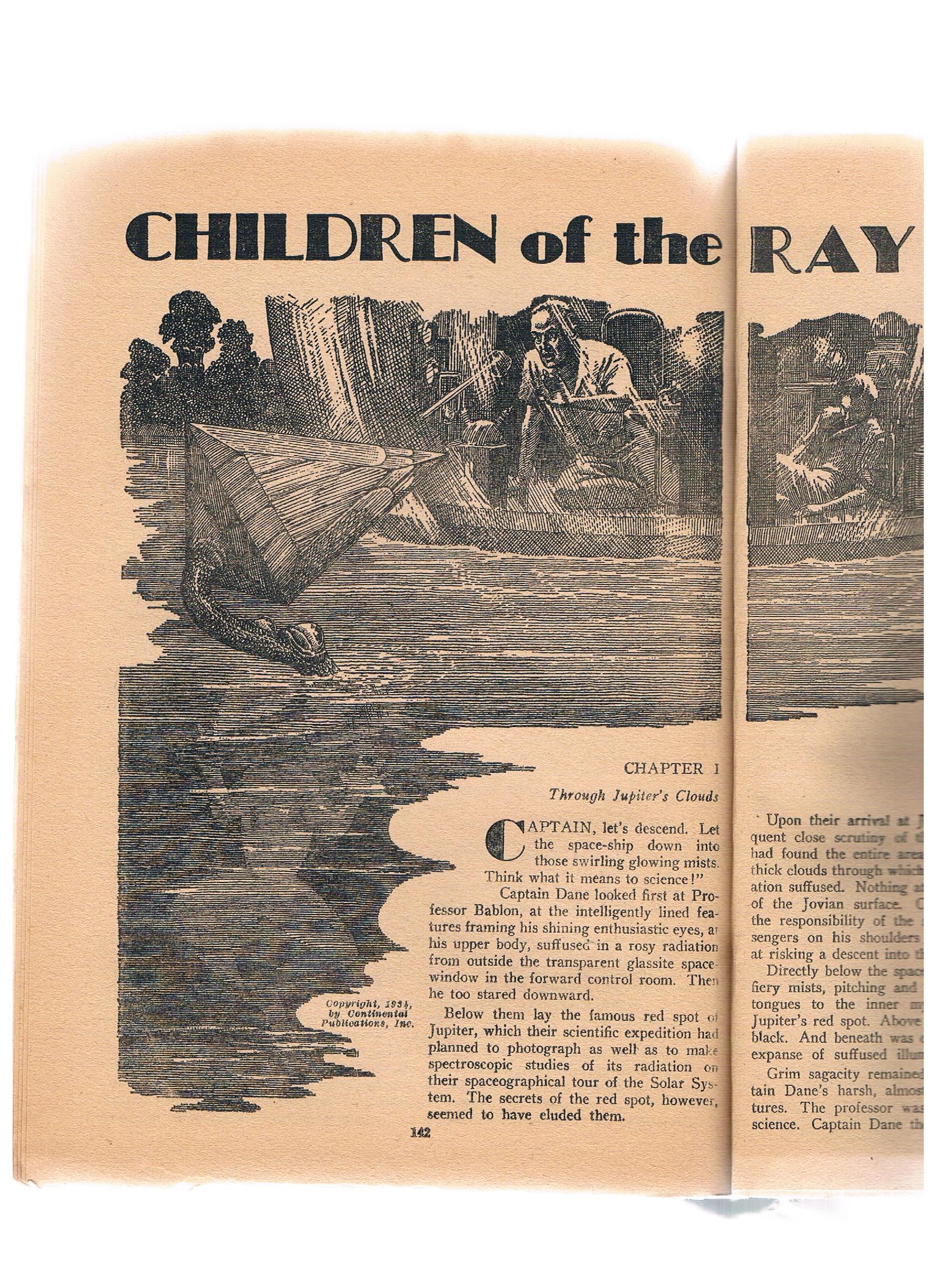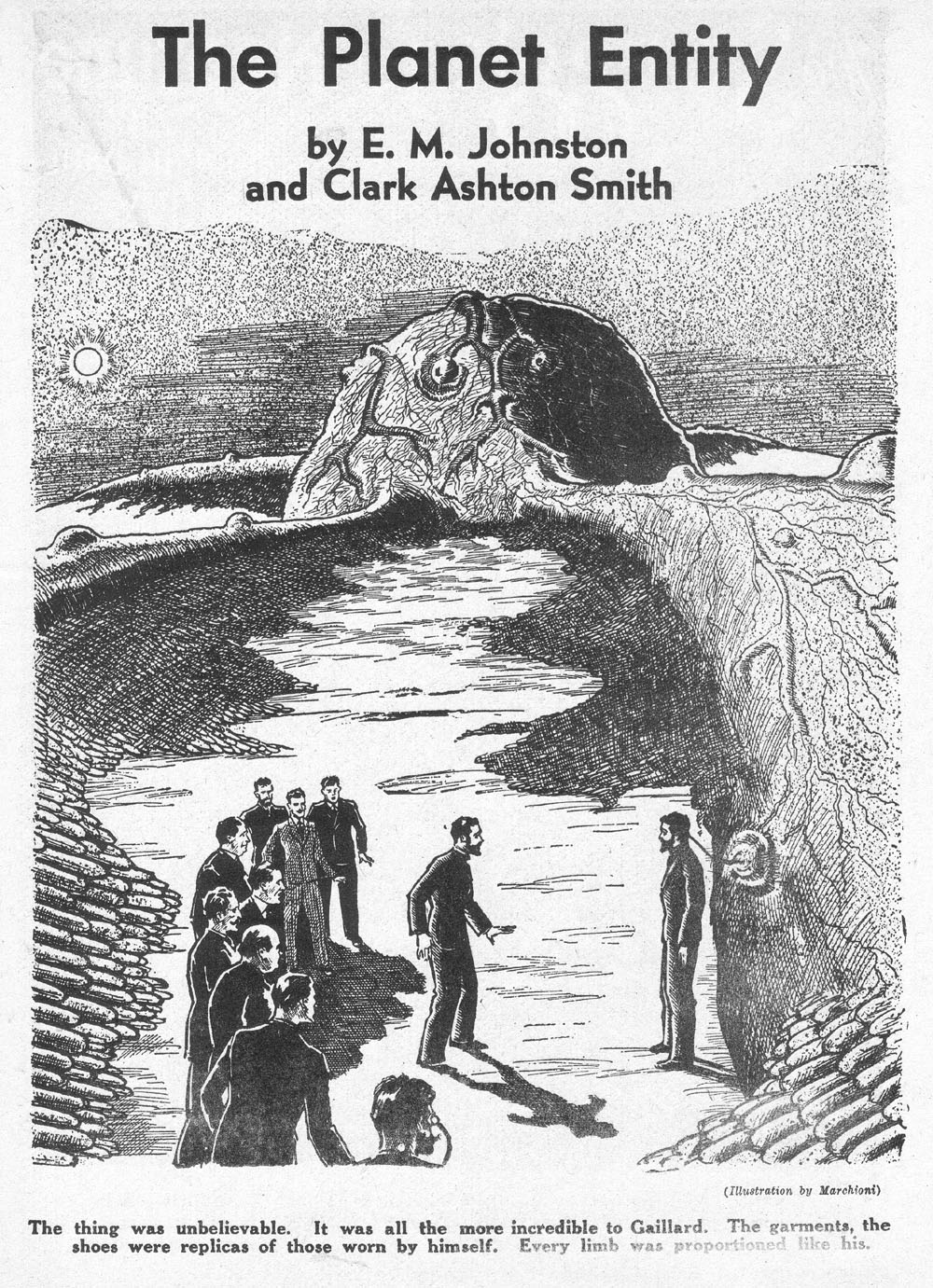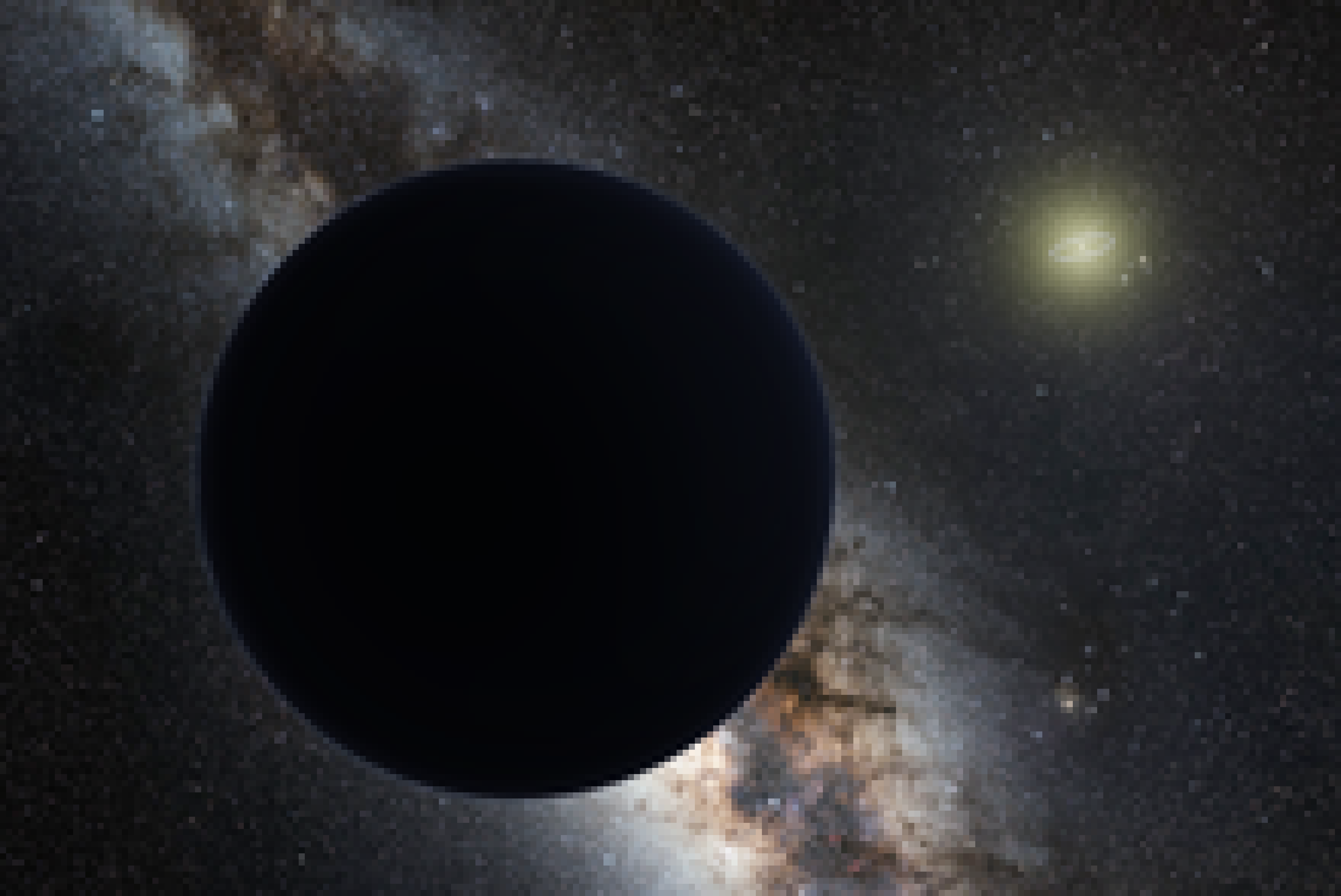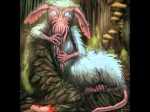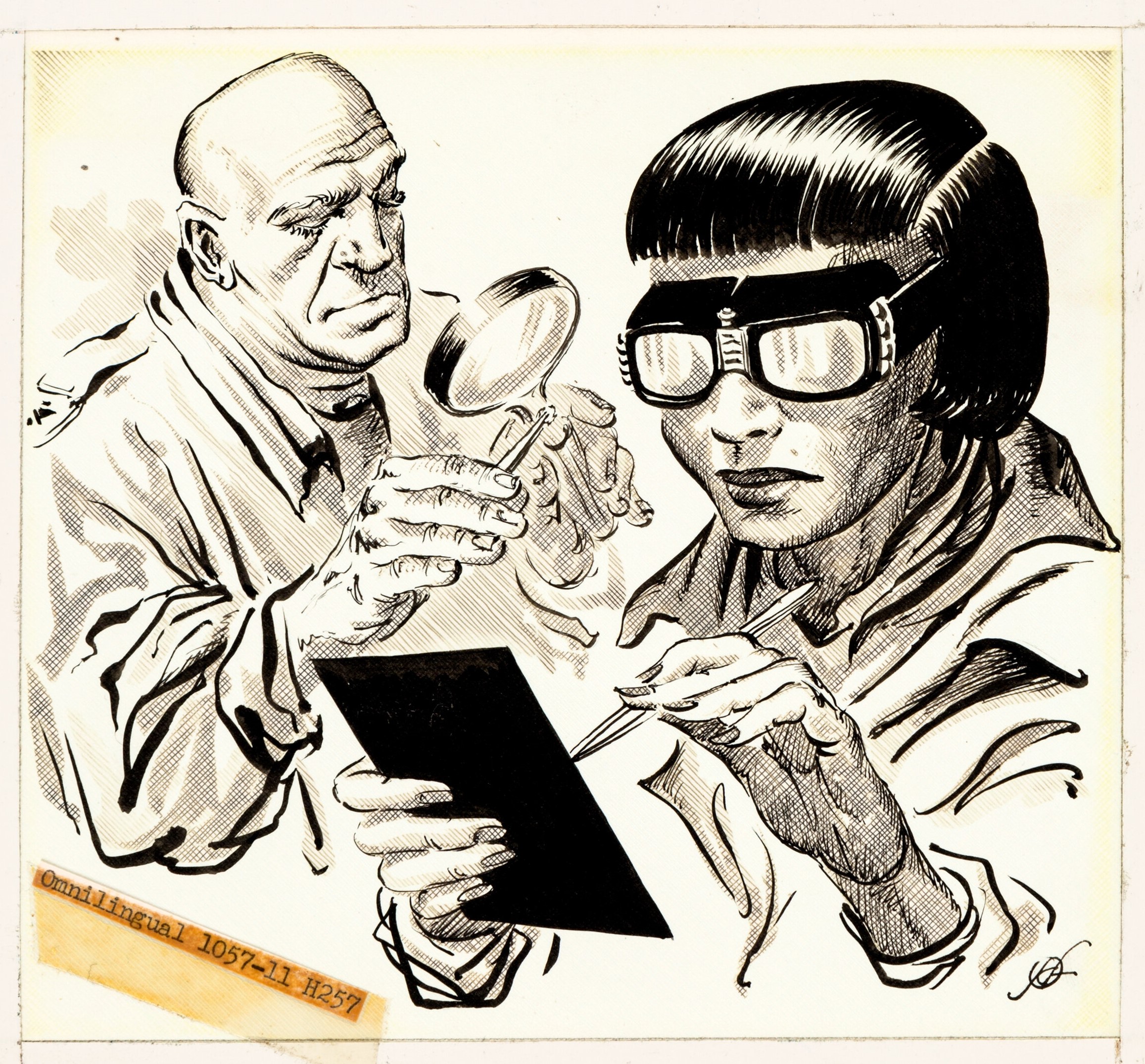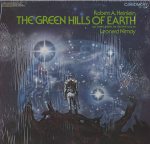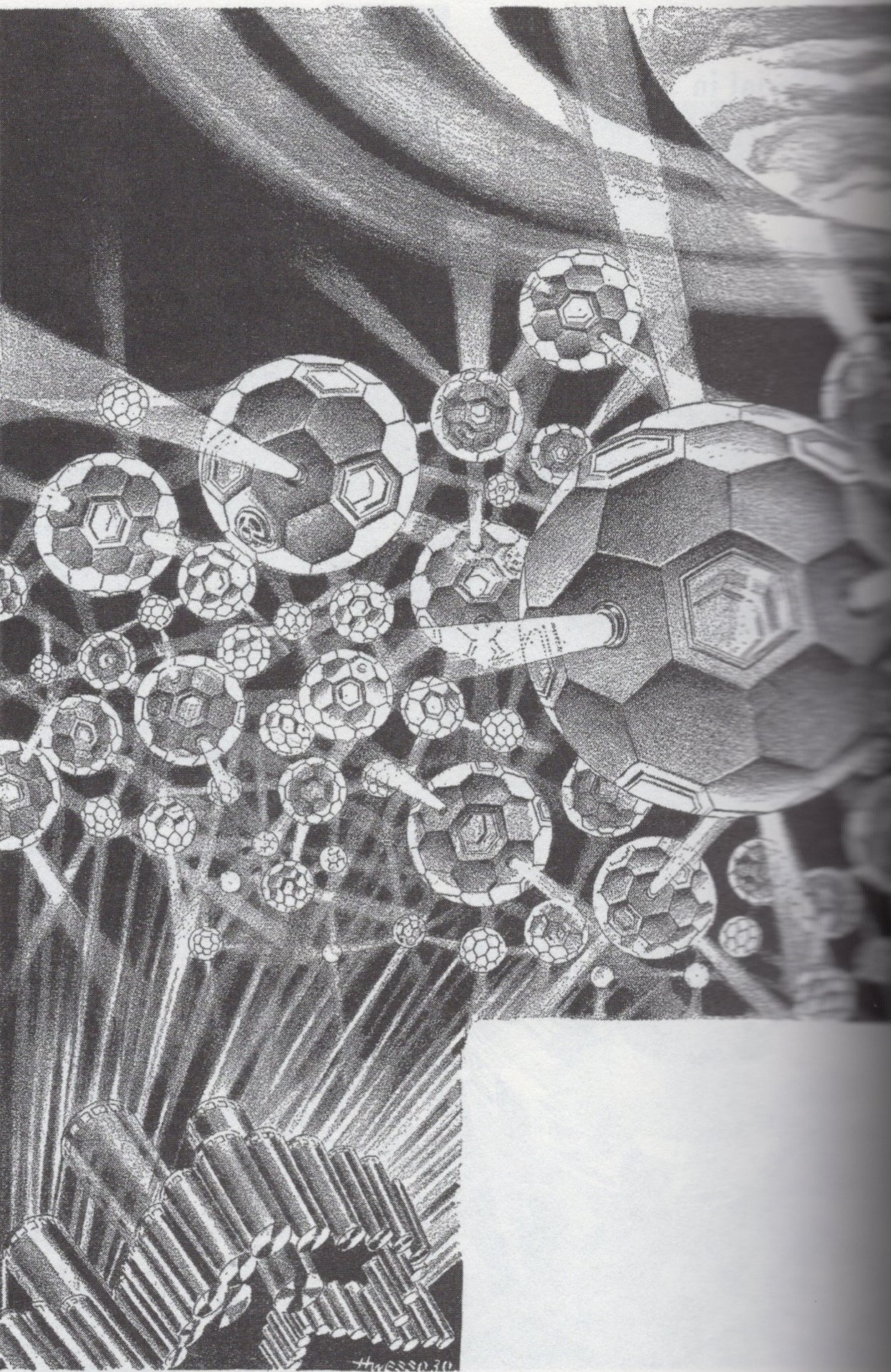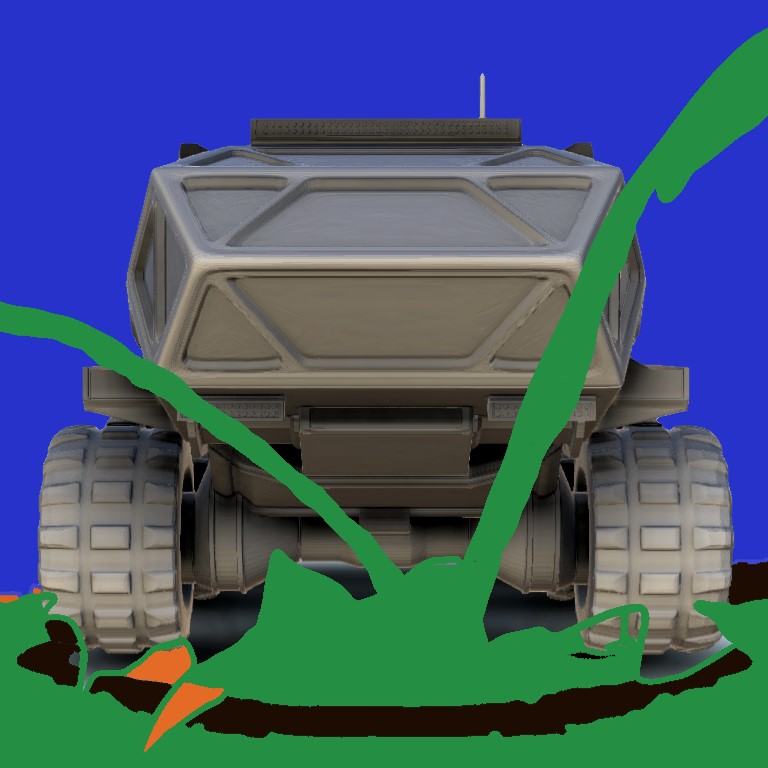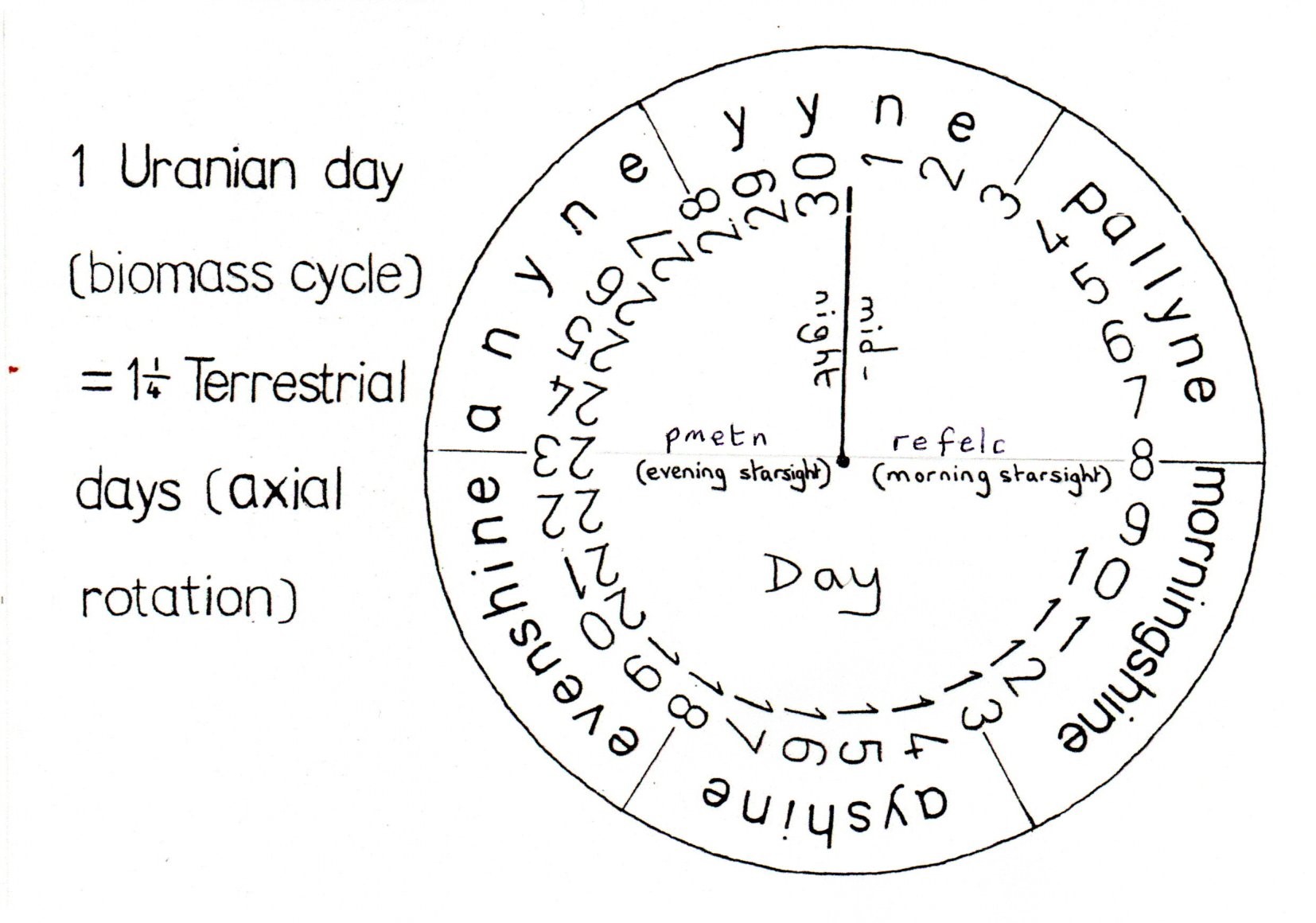- Home
- Your Views
- Part Two of Archives of the Moon
Part Two of Archives of the Moon
by Robert Gibson
(Lancashire, England)
II
The silent moonscape presented an aspect of tortured magnificence, formed by the eternal cosmic night whose chaotic forces aeons ago had whipped the prodigious mountain ranges into ethereal peaks, had gouged tenebrous intervening chasms, had floored vast basins with lava and had strewn them with detritus.
There were no cairns or markers denoting the passage of previous explorers. Royden had chosen un unused route to the ruins – an easy choice to make, since most routes were unused. The chances of successful pursuit were dim, and he harboured no anxiety on that score; nor did he care what the attempted reprisals might be, for his theft of the vehicle; for he was more than willing to gamble on the security which fame would bring him after he had succeeded in uncovering the conspiracy on Farside.
He also admitted the necessity of constant vigilance to ward off non-human perils, for many were the dooms which might befall the venture into the trackless alienation of the lunarian wilderness. Many were the vehicles which were known to lie wrecked in the depths of precipitate pits of shadow, or foundered in seas of dust into which careless pioneers had been pulled by slow implacable suction.
Thus with never-flagging care and at moderate speed he drove for two days of earthly time, in the midst of the lengthy lunar night, lit by the stars and planets and by the diffuse illumination of the Zodiacal Light and the Milky Way, and by the headlamps of the jeep.
After he had taken off his vacuum-suit there was space enough inside the vehicle for a journey of reasonable comfort, and there were copious provisions to be found in one of the storage-compartments. The control cabin was furnished with adequate charts, which were accurate though not minutely detailed, and Royden assured himself, with inadequate logic, that there was no danger that he might lose his way. From where he sat in front of the instrument-board he could see out of the windows fore, aft and to the sides. Nowhere could he discern any cartographically identifiable landmark in the sable moonscape, but he told himself that this was to be expected: his selenographical knowledge, though extensive, derived from systematic perusal of photographs taken by orbiting spacecraft rather than from ground-based observation. Since he could steer by the stars, he knew he must be travelling in the right direction. Even if he did get lost he could simply wait for the day, whereupon it would become an easier matter to use the charts.
With lumbering determination the jeep’s caterpillar treads continued to haul the stranger, the interloper from Earth, onwards across the bare rock, lurching over scoriac irregularities in the scarred and pitted surface of a land of volcanoes which had been extinct for aeons of time. The dim starlit view on all sides looked so utterly forbidding, that Royden began to sense the place’s lifelessness as a positive force – an “anti-life”, as it were. Jagged peaks brooded in malevolent formlessness. Cave-mouths yawned in grinning blackness, as if proclaiming with a soundless yell the final triumph of pure sterility.
More and more strongly there crept upon him that sense of being an incongruous intruder, a squirming absurdity who was being mocked by inanimate stone. Observing the trend his thoughts were taking, he felt a premonitory twinge of alarm. He reminded himself that he was a scientist. His selenographical knowledge was nigh top in his field. Surely it was appropriate that he, if anyone could, should pit his wits and skill against the perils of the way and the human obstacles which he might meet at its end. In view of all this, was it not absurd to think that he might fall victim to the psychological alienation with which lesser souls, weaker minds, had been afflicted in the remoter lunar wilds?
But on further reflection he could not but help remind himself that some good savants, perhaps almost as eminent as himself, had succumbed to a certain creeping suggestiveness, a malaise of anthropomorphism, which in disparate individuals had induced certain of nightmares remarkably similar in their puerile frightfulness. The researchers who had suffered in this way had at first been too ashamed to relate their experiences. Only bit by bit had their agreements come to light. In each case the dreams, or daydreams, had as their principal theme the surrounding presence of a frozen awareness, a petrified sentience, straining in the stillness as if resentful of some arresting spell.
The people who received such impressions invariably came to find that it was impossible under such distracting conditions to get any serious work done; and so the rate of turnover among the researchers in the Farside archaeological base was high. It had come to be accepted, as part of the increasing body of lore concerned with the impact of etheric immensities upon the human spirit, that although the Moon was Earth’s closest celestial neighbour, yet the furthest moonscapes, separated from the home world by the entire bulk of the cold satellite, were in human terms as remote as any place in the Solar System.
Thus Royden was not astonished at his growing uneasiness; but he was annoyed – he had hoped that he would manage to finish the voyage without such jitterings. Of course the novelty of his route did not help; nevertheless, it would soon be over, and when he reached his destination he would be on familiar ground, for the Selenite ruins, however mysterious and strange, had at least known the tread of human explorers. Royden became impatient to reach this goal.
At this point he encountered rougher ground, and driving became more difficult. The danger of wrecking the vehicle increased. He simply told himself that this must not happen, and he did not slacken speed to any great extent. Luck was with him, and he did not pay the penalty of his rashness. Watching the weird rock formations which ghosted by in the limited glare of the headlamps, he began to notice a different kind of light ahead: not sharp, but smudgy. The leprous gleam emanated from the tumescent bole of a lunar cactus, about two feet high, growing close by the mouth of a cave. The plant was the first sign of life he had seen on this journey. It must live on driblets of air. It signified that the journey must be near its end. He stopped the jeep.
Resting a while, he raised his eyes to the drastic skyline of a mangled ancient range, and he thought that he could perceive a dim greyness, a diffuse attenuate dome, which stood out against the blackness and the stars.
Then he knew that he had approached almost to within sight of the Selenite city. The pale dome, the hemisphere of thin light and air, was the unmistakable, inexplicable marvel of primordial lunarian science. It was the unblemished monument to the race of unknown powers whose fate was scrawled cryptically in the shining ruins cupped by the glow.
Comments for Part Two of Archives of the Moon
|
||
|
||











































